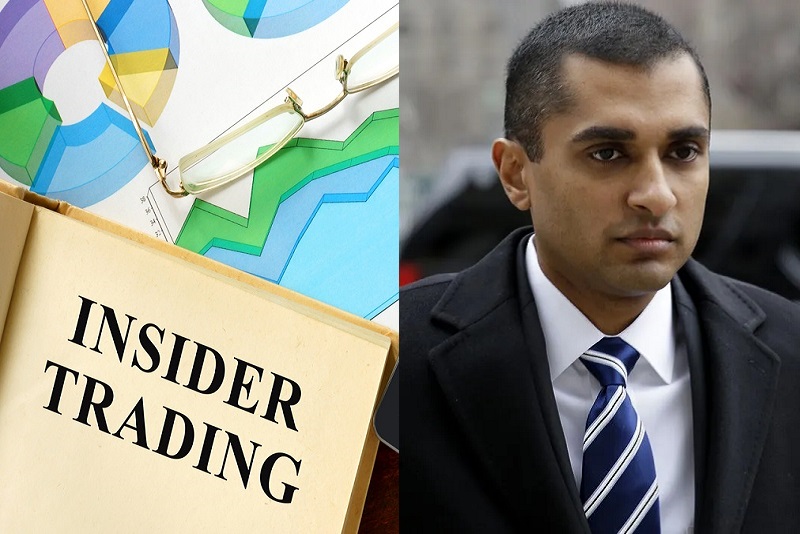BROWSE BY TOPIC
- Bad Brokers
- Compliance Concepts
- Investor Protection
- Investments - Unsuitable
- Investments - Strategies
- Investments - Private
- Features/Scandals
- Companies
- Technology/Internet
- Rules & Regulations
- Crimes
- Investments
- Bad Advisors
- Boiler Rooms
- Hirings/Transitions
- Terminations/Cost Cutting
- Regulators
- Wall Street News
- General News
- Donald Trump & Co.
- Lawsuits/Arbitrations
- Regulatory Sanctions
- Big Banks
- People
TRENDING TAGS
Stories of Interest
- Sarah ten Siethoff is New Associate Director of SEC Investment Management Rulemaking Office
- Catherine Keating Appointed CEO of BNY Mellon Wealth Management
- Credit Suisse to Pay $47Mn to Resolve DOJ Asia Probe
- SEC Chair Clayton Goes 'Hat in Hand' Before Congress on 2019 Budget Request
- SEC's Opening Remarks to the Elder Justice Coordinating Council
- Massachusetts Jury Convicts CA Attorney of Securities Fraud
- Deutsche Bank Says 3 Senior Investment Bankers to Leave Firm
- World’s Biggest Hedge Fund Reportedly ‘Bearish On Financial Assets’
- SEC Fines Constant Contact, Popular Email Marketer, for Overstating Subscriber Numbers
- SocGen Agrees to Pay $1.3 Billion to End Libya, Libor Probes
- Cryptocurrency Exchange Bitfinex Briefly Halts Trading After Cyber Attack
- SEC Names Valerie Szczepanik Senior Advisor for Digital Assets and Innovation
- SEC Modernizes Delivery of Fund Reports, Seeks Public Feedback on Improving Fund Disclosure
- NYSE Says SEC Plan to Limit Exchange Rebates Would Hurt Investors
- Deutsche Bank faces another challenge with Fed stress test
- Former JPMorgan Broker Files racial discrimination suit against company
- $3.3Mn Winning Bid for Lunch with Warren Buffett
- Julie Erhardt is SEC's New Acting Chief Risk Officer
- Chyhe Becker is SEC's New Acting Chief Economist, Acting Director of Economic and Risk Analysis Division
- Getting a Handle on Virtual Currencies - FINRA
ABOUT FINANCIALISH
We seek to provide information, insights and direction that may enable the Financial Community to effectively and efficiently operate in a regulatory risk-free environment by curating content from all over the web.
Stay Informed with the latest fanancialish news.
SUBSCRIBE FOR
NEWSLETTERS & ALERTS
Supreme Court Rejects Martoma's Appeal to Overturn his Insider Trading Conviction
by Howard Haykin
In 2014, Mathew Martoma, then a former portfolio manager for Stephen Cohen’s SAC Capital Advisor, was convicted of insider trading and sentenced to 9 years in prison. Federal prosecutors convinced a New York jury that Martoma earned $275 million in illicit gains by trading on insider information about an Alzheimer’s drug trial.
Defense attorneys unsuccessfully argued for Martoma's innocence by contending that the prosecution must prove insider trading by showing that the individual who supplied a tip sought personal gain or intended to confer a benefit to someone else. In the Martoma case, they said, the Michigan doctor had tipped Martoma about the Alzheimer’s drug trial to maintain a friendship, rather than to offer a benefit or further a “quid pro quo” relationship.
Yet, in August 2017 and again in June 2018, the Second U.S. Circuit Court of Appeals sided with the federal jury and upheld Martoma’s 2014 conviction and 9-year prison term, concluding there was enough evidence to establish Martoma’s guilt despite defective jury instructions in the trial. The Second Circuit also noted that it didn’t matter how close the relationship was between the 2 people, as long as the tipper had an “intent to benefit” the recipient.
On Monday, the case ‘came full circle’ when the U.S. Supreme Court rejected without comment Martoma’s appeal and left in place the June 2018 ruling by the Second U.S. Circuit Court of Appeals.





